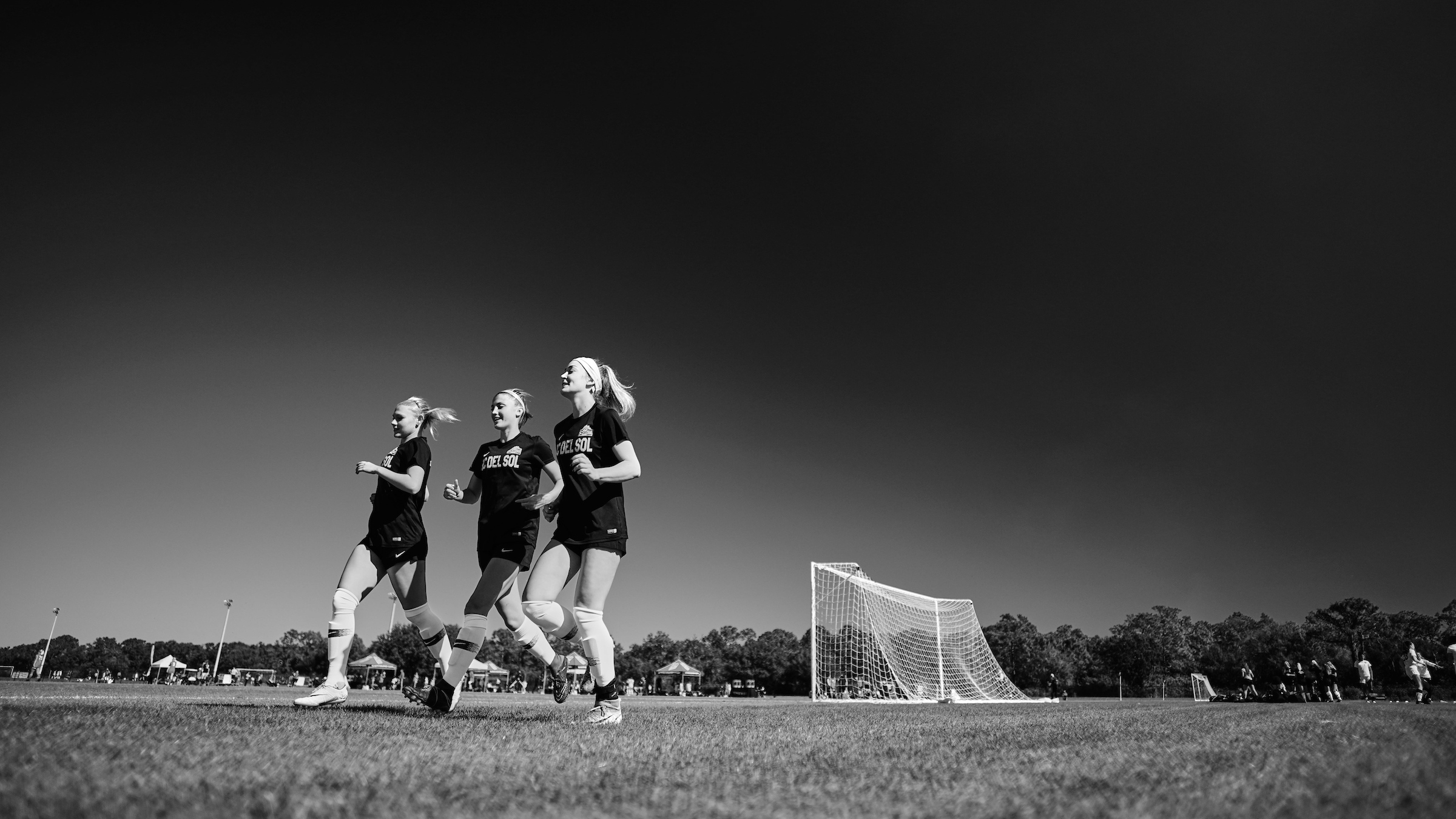Can soccer really be good for our social life?
That’s an excellent question to ask of this sport which asks so much of our kids and of us. Because if it isn’t good for our kids, is it safe for them to play?
I’ve already shared ways soccer can be good for young athletes’ physical and mental/emotional wellness. Let’s consider its potential for developing social and relational wellness — something essential and yet too often gone missing in today’s world it seems.
What is social/relational wellness? It’s a healthy interaction with those in our social circles: peers, adults, those in authority, and members of the general community.
Here are three examples that stand out for me from teams I have coached:
Relating to Peers and to Those Who are Different from Us
Situation: middle of the season for the U9 rec team. We’ve won some, we’ve lost some. I arrive at the field and the opposing coach asks for a word. She tells me they have a child on their team who has special needs. She doesn’t ask me to change our line up strategy. She just requests that I let my team know about this player, jersey number 11.
I call a quick pre-game huddle to tell my players what the opposing coach said to me. No instructions, just information. My players understand. They smile and immediately start to discuss helpful ways to play against this girl. And then they take the field and execute a perfect game plan. During the run of play when #11 is in, they let her have the ball, fall off on defense and run along as she dribbles toward our goal. I will never forget the look of delight on this child’s face as she dribbles and shoots.
Wellness check: Empathy, Understanding, Respect, Character, Honor, Humanity
Relating Parents to Kids, Kids to Parents, Kids to Each Other and Coach to Everyone
Situation: our newly created team has lost every game. We need to make big improvements but we’re being pretty hard on ourselves. Parents and players are getting discouraged. We institute the practice of Positive Charting (per the Positive Coaching Alliance). We create a printed chart with each player’s name, # and a few blank lines. Designated parents take turns on the sidelines each game making Positive notes for each player: what they’ve done right, done well, and/or should be commended for.
Every player, no exceptions. Every parent, no exceptions. Instantly, parents begin looking for the positive, small things instead of focusing only on the game score or the mistakes made. Coach collects these sheets to be read out at the next practice.
Outcome: Players arrive early at the next practice eager to hear the reading of the “Good Things” from the previous game. Their attention is rapt: they know their name will be called. The upshot: they start watching for positive things in each other, even during practice. We ended up expanding “good things” call outs to our stretching circle after practice. Player to player.
Wellness Check: Positivity, Inclusion, Camaraderie, Character, Community, and Improvement
Relating to Those in the Local Community
Situation: bake sale to raise money for uniforms. Only donations are accepted. Approved location is secured. Every teammate signs up to contribute a baked good. Several players make colorful signs to advertise the event. Every teammate is responsible for taking at least one shift at the sale table.
Outcome: They spend time baking (not always home-baked ?) and/or wrapping the goodies in packets. They learn how to advertise and promote their team and its objective. They then contribute part of a weekend afternoon tabling and greeting shoppers as they come and go. They take pride in their effort and the funds raised and are especially invested in how those funds are spent.
Relationally, what I have seen players learn:
- Their neighbors are likely to support them and donate for goodies.
- Younger children love goodies and cajole their parents into donating.
- The players are setting an example for those children.
- Not every shopper is polite. Some don’t even look their way. Be polite anyway.
- Some people don’t care for sweets but will donate anyway.
- One of my daughters observed that “the people who look least able to donate are the ones most likely to.”
Reality check: Case closed.
Team sports done well offer a ton of teachable social moments for our kids to grow socially and develop relationally. And, frankly, provide a few for us, too. On the way to raising responsible citizens, who doesn’t want to have a great social life?
Next Up: Intellectual Wellness: Helping Kids Grow a Healthy Brain








